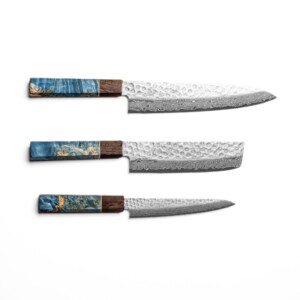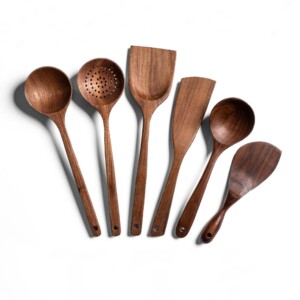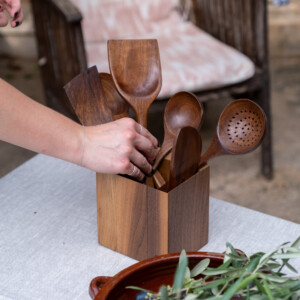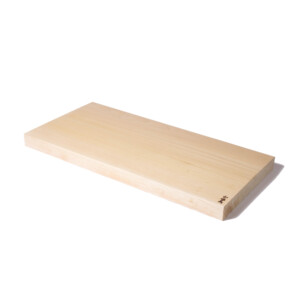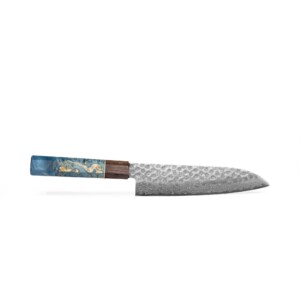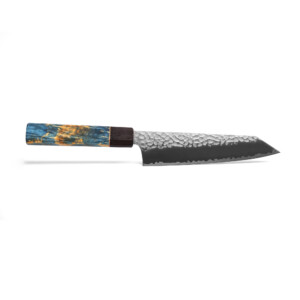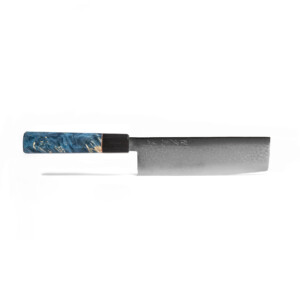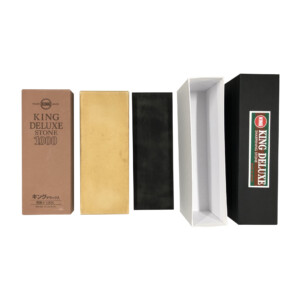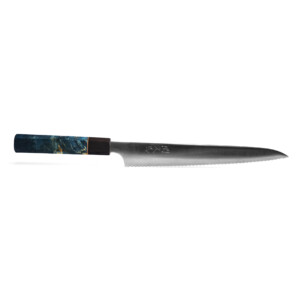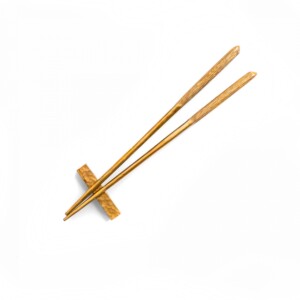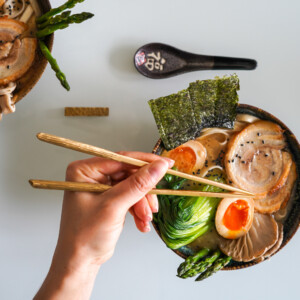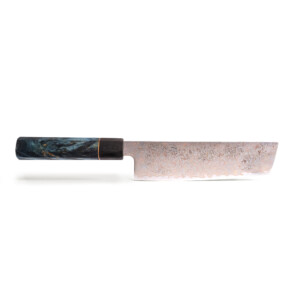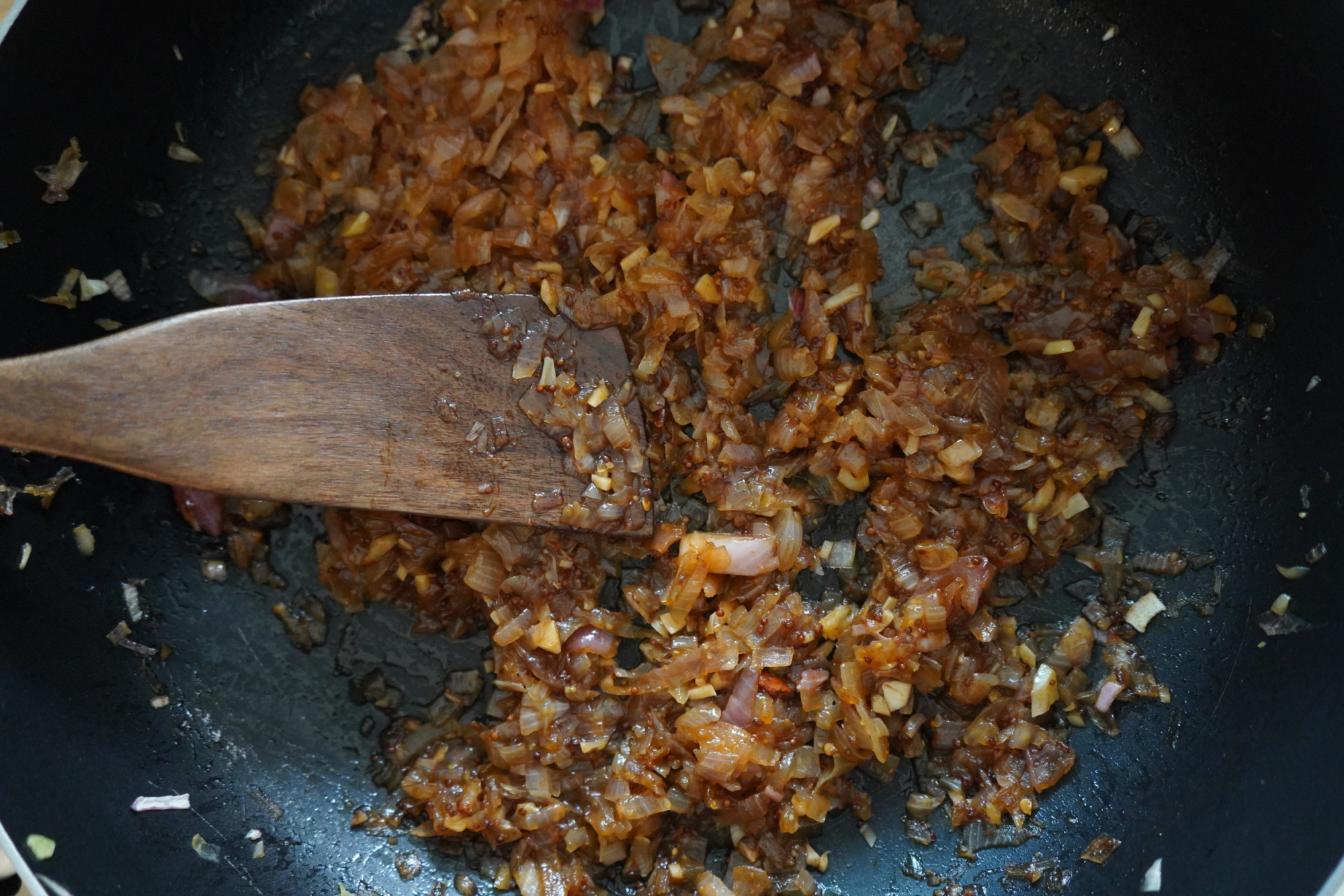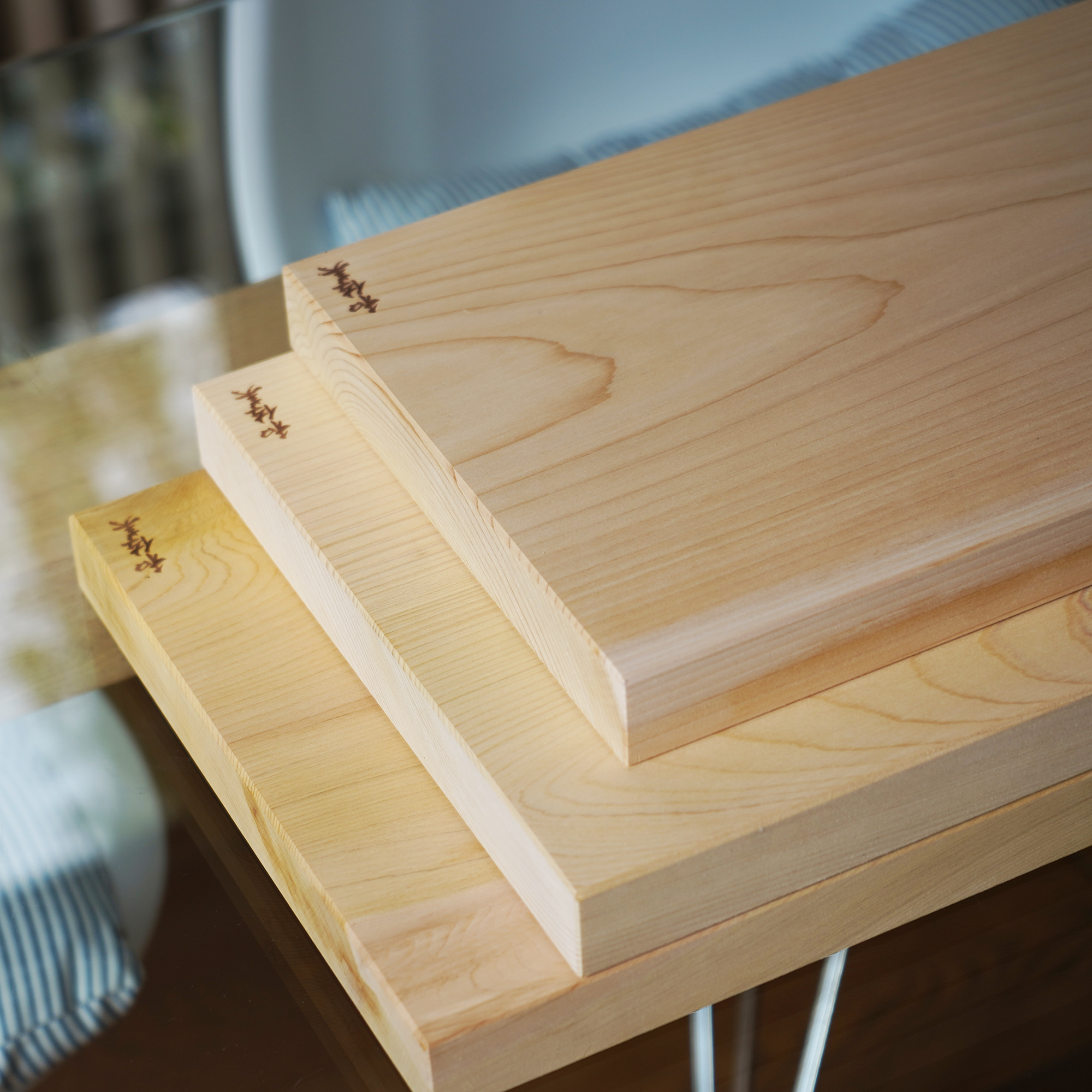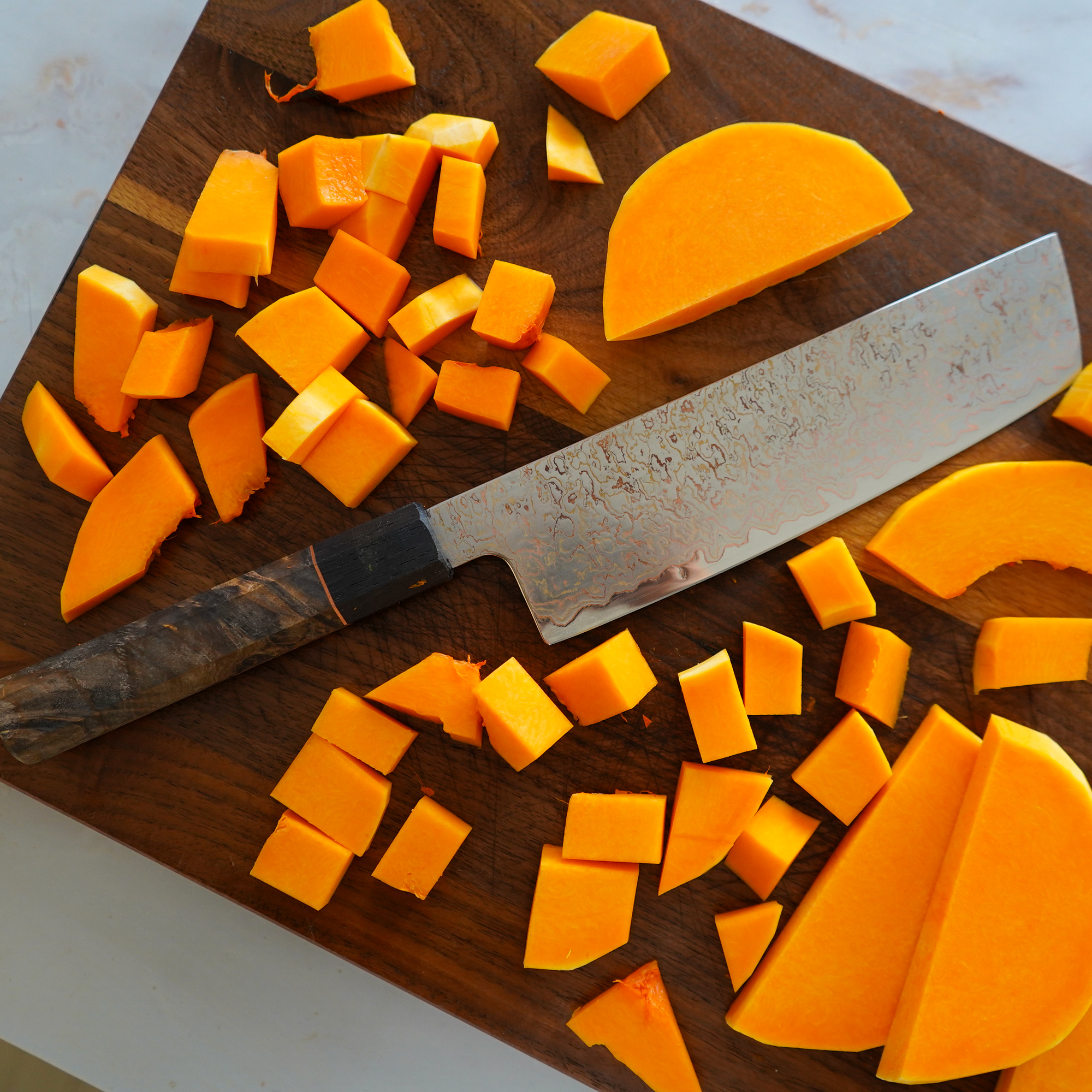Okinawa Prefecture, comprising over a hundred islands in the East China Sea, represents a distinct blend of cultures, histories, and traditions. This diversity is the result of its historical role as a hub for East Asian maritime trade and its more recent history under American administration following World War II. These influences have woven a rich cultural tapestry that is vividly reflected in Okinawan cuisine, lifestyle, and the arts.
The historical tapestry of Okinawan cuisine
The cuisine of Okinawa has roots in the Ryukyu Kingdom era, where trade with China, Southeast Asia, Korea, and Japan introduced a variety of foodstuffs and cooking techniques to the islands. This period laid the foundation for Okinawa’s culinary diversity, incorporating elements from Chinese cooking methods, Southeast Asian flavours, and Japanese dietary staples.
American Influence
Post-World War II, the American presence on the island introduced new ingredients and dishes, including wheat flour, canned goods, and the concept of fast food. This period marked the creation of unique fusion dishes such as Taco Rice, which symbolises the melding of American and Okinawan tastes.
Okinawan Sushi: A Tropical Twist
Okinawan sushi offers a tropical twist on the traditional Japanese favourite. Utilising local seafood and incorporating ingredients like mango and papaya, Okinawan sushi is a testament to the island’s innovative culinary spirit.
Ishigaki Beef: A Luxurious Delight
Ishigaki beef, from Ishigaki Island, is highly prized for its marbling and flavour. This premium beef is often enjoyed in yakiniku (grilled meat) restaurants across Okinawa, showcasing the islands’ capacity for producing world-class beef.
The cultural significance of food in okinawa
Food in Okinawa is more than sustenance; it’s a medium through which the island’s history, culture, and communal values are conveyed. Meals are seen as a time for gathering, sharing, and celebrating life, embodying the Okinawan saying “Ichariba Chode,” which translates to “once we meet, we become brothers and sisters.”
The role of festivals and gatherings
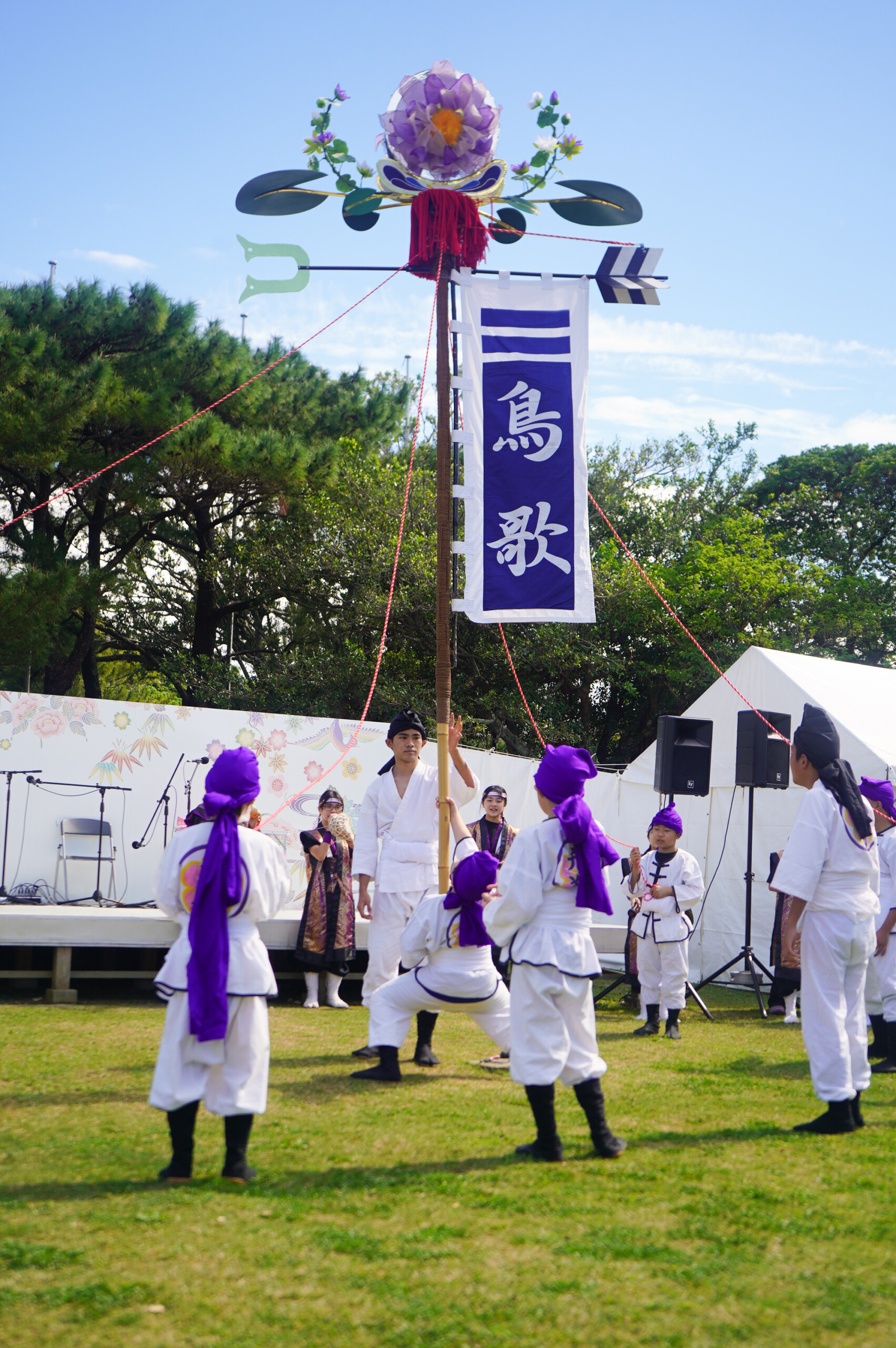
Okinawan festivals and gatherings, such as the Obon festival and the first harvest celebration (Unjami), are steeped in tradition and revolve around communal meals that feature an array of local dishes. These events foster a sense of community and continuity, linking present generations with their ancestors.
The Okinawan diet and longevity
Okinawa is famous for the longevity of its inhabitants, often attributed to the local diet and lifestyle. The Okinawan diet is rich in vegetables, legumes, and fish, with a moderate consumption of meat. This dietary pattern, combined with the principle of “hara hachi bu,” promotes health and longevity.
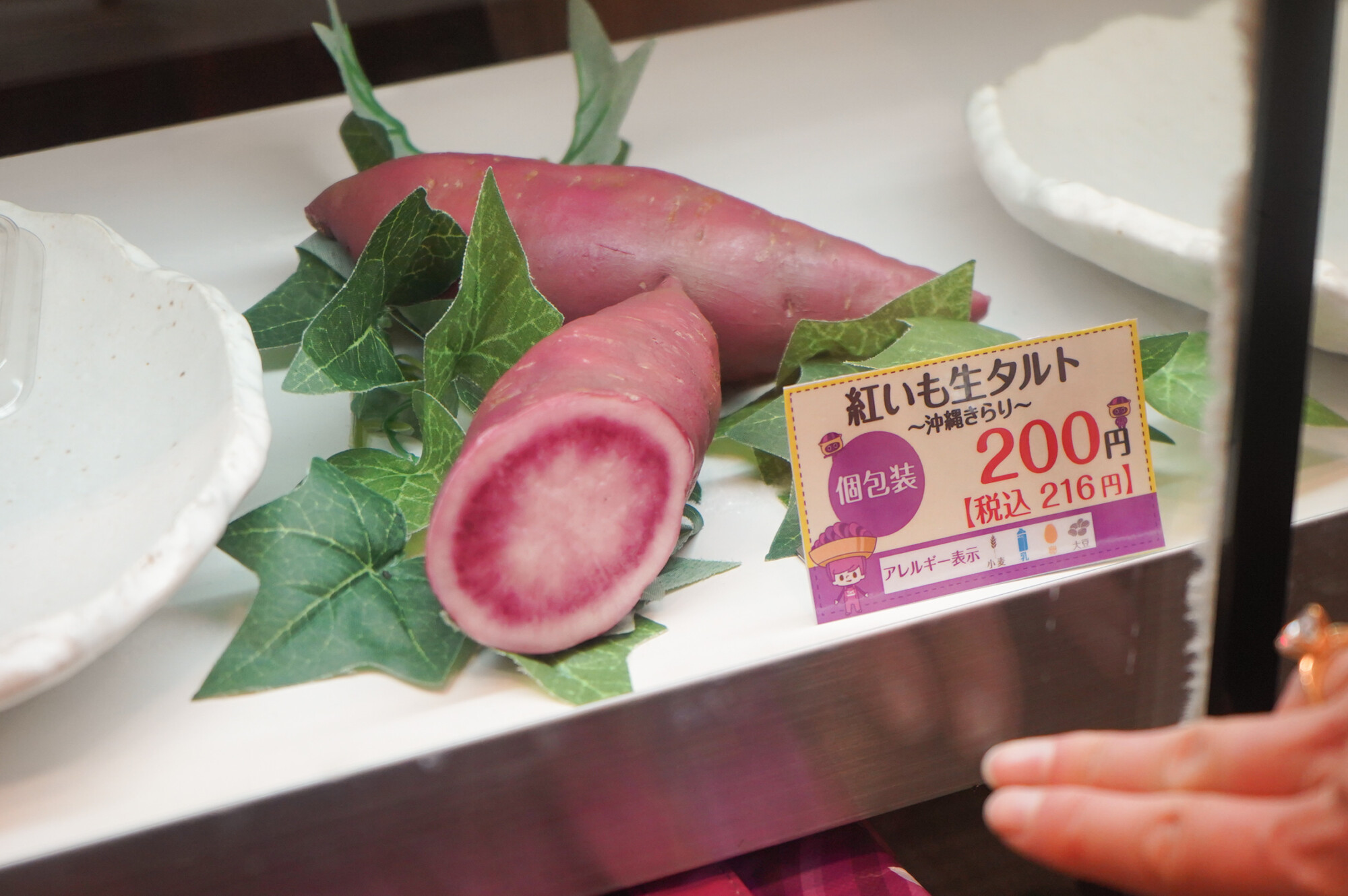
Key components of the Okinawan diet:
- Sweet Potatoes: A staple of the Okinawan diet, rich in vitamins, minerals, and antioxidants.
- Soy Products: Including tofu and miso, which are integral to Okinawan cuisine, providing protein and other nutrients.
- Seaweed: Abundant in minerals and used in various dishes, from soups to salads.
- Turmeric Tea: Known for its anti-inflammatory properties, turmeric tea is a popular beverage in Okinawa.
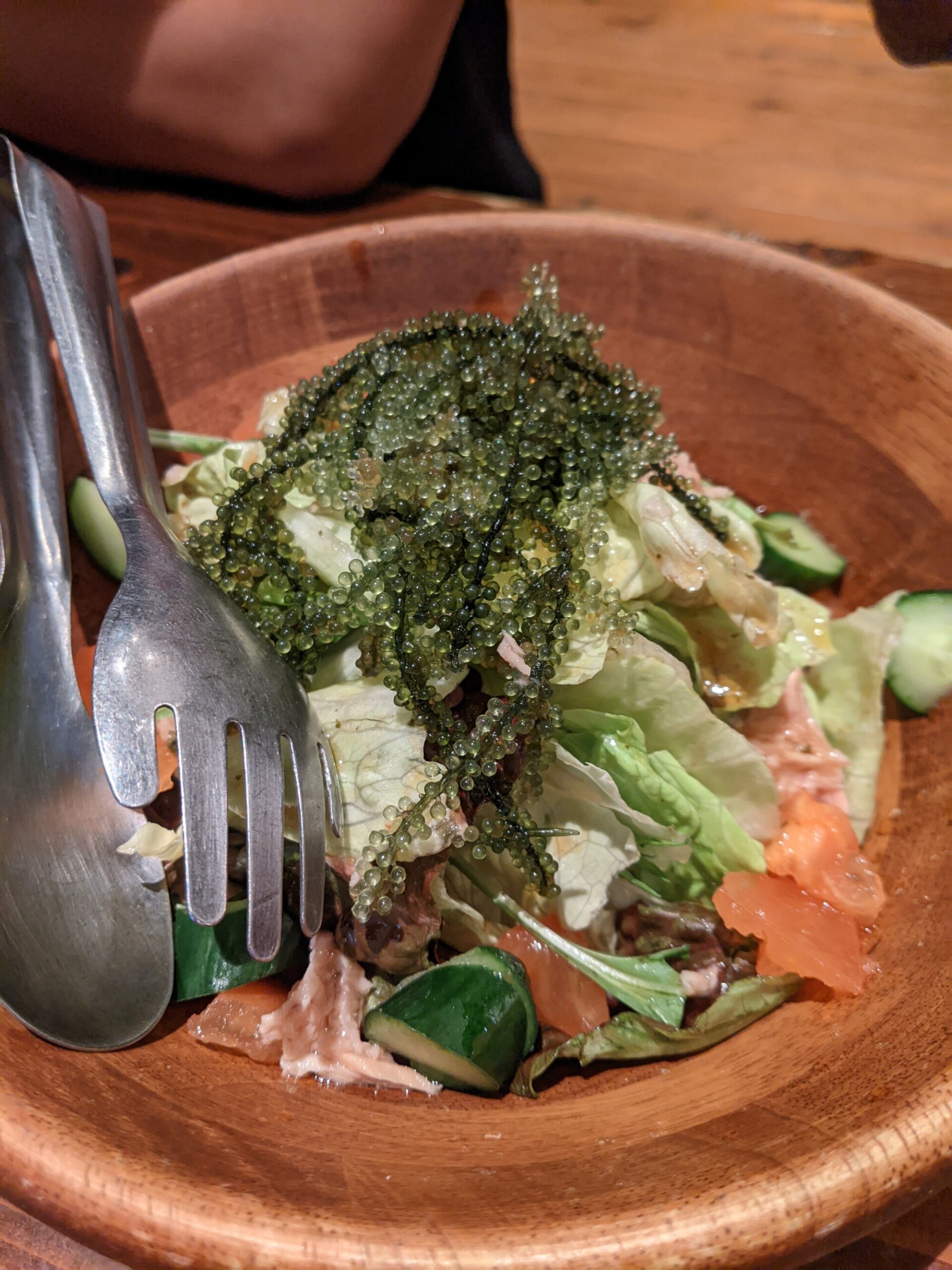
Sustainable Practices and Environmental Harmony
Okinawans maintain a close relationship with their environment, practicing sustainable fishing, farming, and food preparation methods that have been passed down through generations. This respect for nature not only supports the island’s biodiversity but also ensures the continued availability of the natural resources that define Okinawan cuisine.
There’s a growing movement in Okinawa towards reviving traditional agricultural practices, such as the use of natural pesticides and the cultivation of indigenous crops. These efforts are aimed at preserving the island’s agricultural heritage and promoting sustainability.
Culinary tourism in Okinawa
Culinary tourism has become a significant aspect of Okinawa’s appeal, drawing visitors eager to experience its food culture first-hand. Cooking classes, food tours, and farm-to-table experiences offer immersive ways to explore Okinawan cuisine and its roots.
For those looking to delve into Okinawan cuisine, local markets and izakayas (Japanese-style pubs) offer an authentic taste of the island’s culinary diversity. Visitors can savor everything from freshly caught seafood to homemade awamori, experiencing the flavors that make Okinawan cuisine unique.
The heart of Okinawa
Okinawa’s culinary landscape is a reflection of its history, culture, and the resilience of its people. The island’s dishes, from the hearty Rafute to the innovative Taco Rice, are stories of adaptation, innovation, and the blending of diverse influences. The Okinawan way of life, with its emphasis on community, sustainability, and health, offers valuable lessons on living well and in harmony with nature.
As we explore the flavours and traditions of Okinawa, we are reminded of the power of food to bring people together, to bridge cultures, and to nourish not just the body, but the soul. Okinawa is indeed a culinary and cultural paradise, inviting us to discover its secrets, to savour its delights, and to carry with us the essence of its spirit wherever we go.
Remember, whether you’re planning a visit or simply looking to bring a taste of Okinawa into your kitchen, approach with an open heart and a curious mind. The culinary and cultural journey through Okinawa is not just about the food on your plate; it’s about the stories behind them, the people who share them, and the land that nurtures them. Welcome to Okinawa, where every meal is a celebration of life’s endless bounty.



